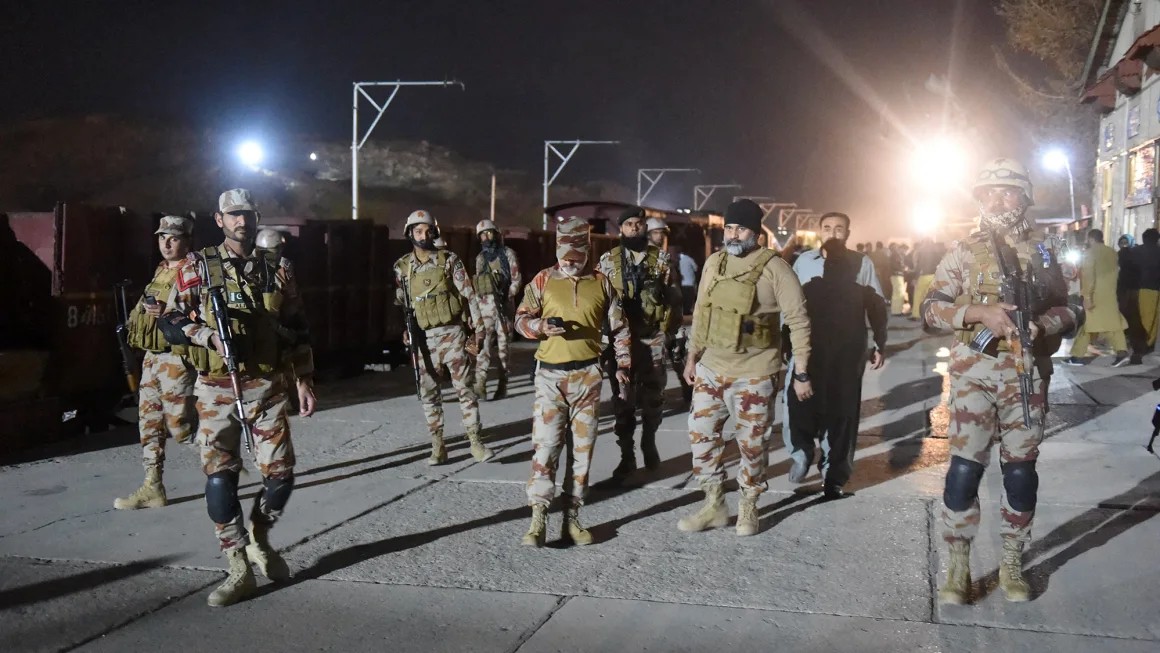Dubai’s efforts to revolutionize urban transport took a major step forward this week with the successful test flight of a fully electric air taxi developed by U.S.-based Joby Aviation.
The test was conducted at a remote desert site southeast of downtown Dubai and represents a key development in the emirate’s strategy to introduce aerial mobility into its public transport system by 2026.
In a demonstration witnessed by government officials, transport leaders, and company representatives, Joby’s prototype aircraft performed a vertical takeoff, flew several miles, and returned for a vertical landing—mirroring the kind of short-distance routes the service aims to offer.
“We want to change the way people commute,” said Anthony Khoury, Joby’s UAE General Manager. “A trip from Dubai International Airport to Palm Jumeirah could take just 12 minutes by air, compared to 45 minutes by car.”
The Joby air taxi is an electric vertical takeoff and landing (eVTOL) aircraft, designed to travel up to 160 kilometers at speeds of up to 320 km/h. It is fully electric and emits no operating emissions, making it a quieter and more sustainable alternative to conventional ground transport. “It will be flying in the city, next to residential areas, and hopefully people will barely notice it,” Khoury added.
While Joby plans to eventually make the service broadly accessible, early pricing is expected to target higher-income customers due to the premium nature of the technology during its initial rollout.
In early 2024, Joby signed an exclusive six-year agreement with Dubai’s Roads and Transport Authority to operate air taxi services across the city. Commercial flights are set to begin in 2026, starting with four key vertiports located at Dubai International Airport, Palm Jumeirah, Downtown Dubai, and Dubai Marina.
“This is a rare leap in aviation,” said Didier Papadopoulos, Joby’s President of Original Equipment Manufacturing. “Every once in a while, you have this propulsive move into the future—this is one of them.”











